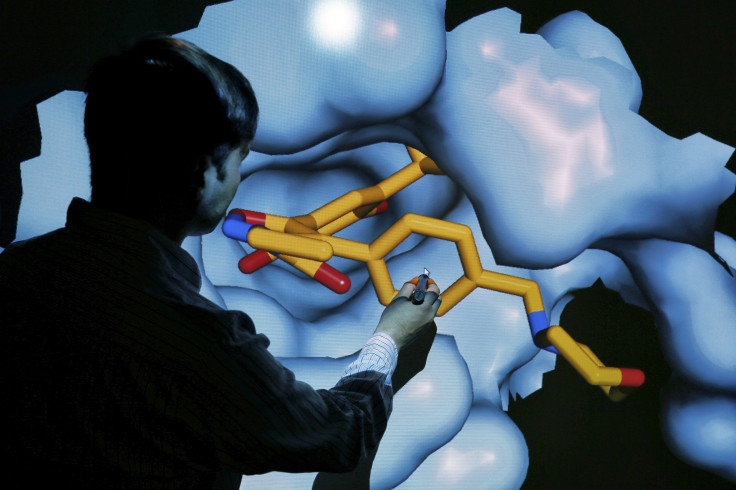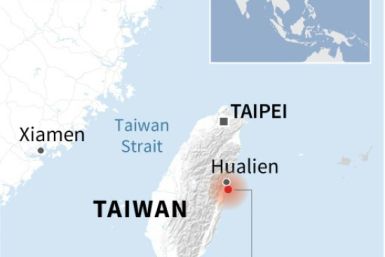Researchers to study chromosome in Tasmanians

A new funding grant allows a local research team to study the significance of chromosome in Tasmanian families who have acquired hereditary prostate cancer. The Royal Hobart Hospital Research Foundation has confirmed its grant funding for this year, saying the research seeks to learn more about the chromosome and how new therapies can help slow down cancer.
The funding grant will reportedly go towards supporting rising clinical researchers who will work hand in hand. People who belong to the Tasmanian community are the primary ones who will be benefited. Liesel Fitzgerald, the leader of the research team, said he and his team seek to learn more about the chromosome and how cancer’s progression can be slowed down.
According to chief executive officer Heather Francis, the research underwent a thorough assessment process. “Facing a highly competitive field of applications from interested clinicians, only projects and researchers of excellence can be selected to pursue their investigations,” Mercury quoted her saying.
Francis believes that there is a comprehensive scope for more investments in high quality local health and medical study. She said it is something that RHH Research Foundation is looking to obtain with the support of the community.
Meanwhile, a new Australian-led international cancer research effort promises to help identify the risk of developing neuroendocrine pancreatic cancer. Researchers have reportedly carried out genome sequencing of tumours from 100 Australian patients through the Australian Pancreatic Cancer Genome Initiative (APCGI).
Professor Sean Grimmond, the University of Melbourne's Bertalli Chair of Cancer Medicine, gave an explanation of what neuroendocrine pancreatic cancer is all about. "Neuroendocrine cancer is a sub-type which occurs in the pancreas, a very complicated organ with a number of roles," he told the Huffington Post Australia. The tumours arise in cells within the pancreases which contribute to the production of hormones like insulin.
The study has learned that one of five patients suffering with pancreatic neuroendocrine tumours (PanNETs) has an identified genetic predisposition for the cancer. "We found that the MUTYH and BRCA2 gene mutations, normally associated with colon and breast cancers, also appear to play an important role in PanNETs," the professor further revealed.
People who discover that they have a predisposition gene must understand which tissues are susceptible to getting a tumour. Amber Johns, APCGI's senior research officer, said this particular group of tumours is highly unstable. The research is part of the country’s latest contribution to the International Cancer Genome Consortium.






